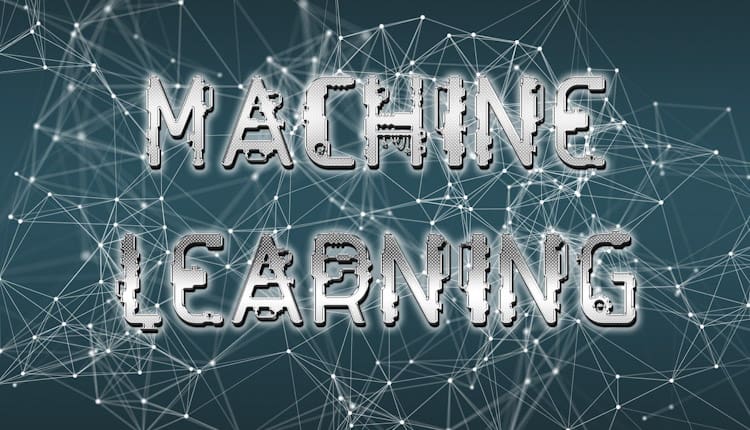Source – https://www.expresscomputer.in/
Across the globe, brands are leveraging ML to drive innovation and better customer experience. From being a niche technology, ML is now seeing increased adoption among organisations in various sectors, says Amit Gupta, CEO & Founder at Rapyder Cloud Solution
Machine learning is one of the most disruptive technologies that we have encountered in our generation. It has the great potential to transform businesses for better. From being a niche technology, ML is now seeing increased adoption among organisations in various sectors.
Across the globe, brands are leveraging ML to drive innovation and better customer experience. Nike, for example, uses ML for personalised product recommendation. Dominos ensures 10 minutes or less pizza delivery time using ML technologies. Another popular example is how BMW Group uses ML to read data from vehicle subsystems and predict the performance of vehicle parts and proactively recommend maintenance.
ML emerged as a key priority area for technology leaders in 2020 itself as they aim to achieve revenue growth while reducing costs. In 2021, enterprises are exploring more matured use cases of the technology as they navigate an environment of flux. Disruptive organisations have been at the forefront of adopting this technology across areas for process automation, customer experience, security and others.
In 2021, here are top five industries that will adopt ML to change forever the way they work.
Healthcare: The global pandemic has underscored the importance of investing on and optimising our healthcare systems. ML is considered to be the most promising technology that allows healthcare providers to churn the massive volumes of data and derive valuable clinical insights. ML offers huge progress in drug discovery, cutting down the long discovery and development pipeline and reducing cost. It can also significantly improve healthcare delivery systems and in turn lift the overall quality of healthcare while keeping cost under control. In the days to come, ML is predicted to have critical application in clinical trials as well. ML is going to have huge impact on almost all branches of healthcare including pharma and biotech, experts emphasize.
Banking & finance: Banking sector has already seen many matured use cases of ML especially in fraud detection and automating processes. ML use cases will be actively explored across areas such as trading, investment modeling, risk prevention and customer sentiment analysis. As digital transactions continue to grow, ML combined with predictive analytics will play a big role in helping financial institutions to improve transaction efficiencies throughout the transaction lifecycle. Banks and financial institutions will also use this technology to customise their products and offerings to stay more relevant in a competitive environment.
Media & entertainment: Companies like Amazon and Netflix have already popularised the data-driven content consumption models in recent years. As the global pandemic further drives up the demand for new consumption models, firms will effectively leverage AI and ML to create value for customers and present the most relevant content to them in real-time. Whether it’s developing better recommendation engines or deliver hyper-targeted services, ML is going to be critical for the media and entertainment industry to address the drastically changing customer expectations. Predictive modelling will be key in responding to customers in real-time, anticipating the future demand and making investments wisely.
Retail and ecommerce: No other industry has better understood the need to be prepared for the unexpected. The global pandemic has disrupted the retail sector in several ways and ML has been looked upon as a key enabler for the sector to effectively address change. Whether it is the traditional brick-and-mortar stores or the ecommerce companies, the sector is on a path to reinvention with technologies such ML. Starting from supply chain and inventory management to personalised product recommendations through chatbots, the retail and ecommerce sector is looking at several ML use cases. It is also being used extensively for predicting user behavior and analysing the trend effectively to be better prepared. Dynamic pricing is emerging as a key ML use case, to help retailers thrive in a competitive market landscape.
Manufacturing & Industry 4.0: With the massive adoption of IoT devices set to further increase in the manufacturing sector, ML will be the most critical technology bridge that analyses the huge volumes of data generated. ML serves as the powerful building block of Industry 4.0 along with automation and data connectivity. While predictive maintenance is the most explored use case so far, manufacturers will look at more matured use cases of ML such as real-time error detection, supply chain visibility, warehousing efficiency and cost reduction, asset tracking among others. As traditional factories transform into smart factories, ML will fuel greater innovation and efficiency in the days to come.
